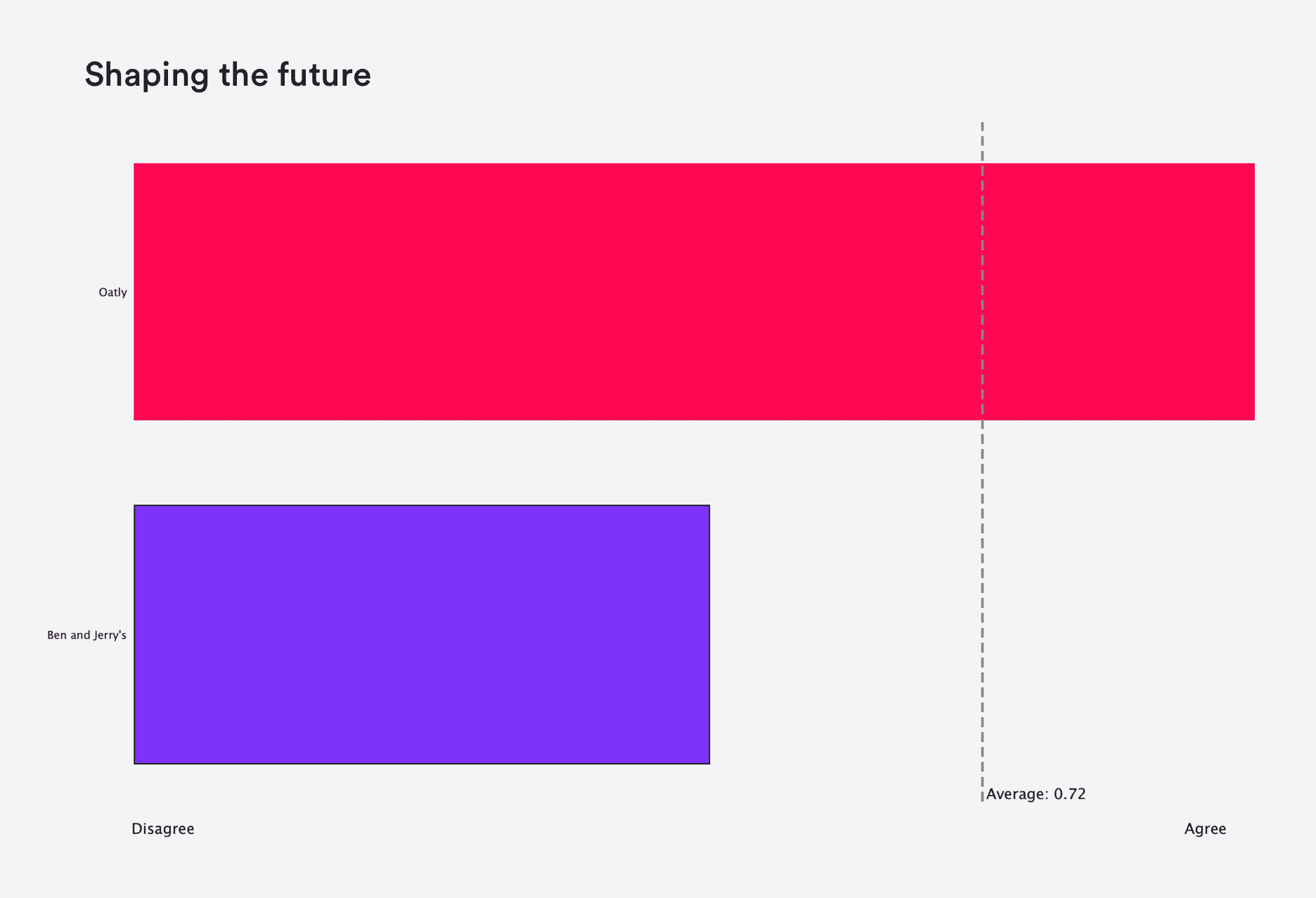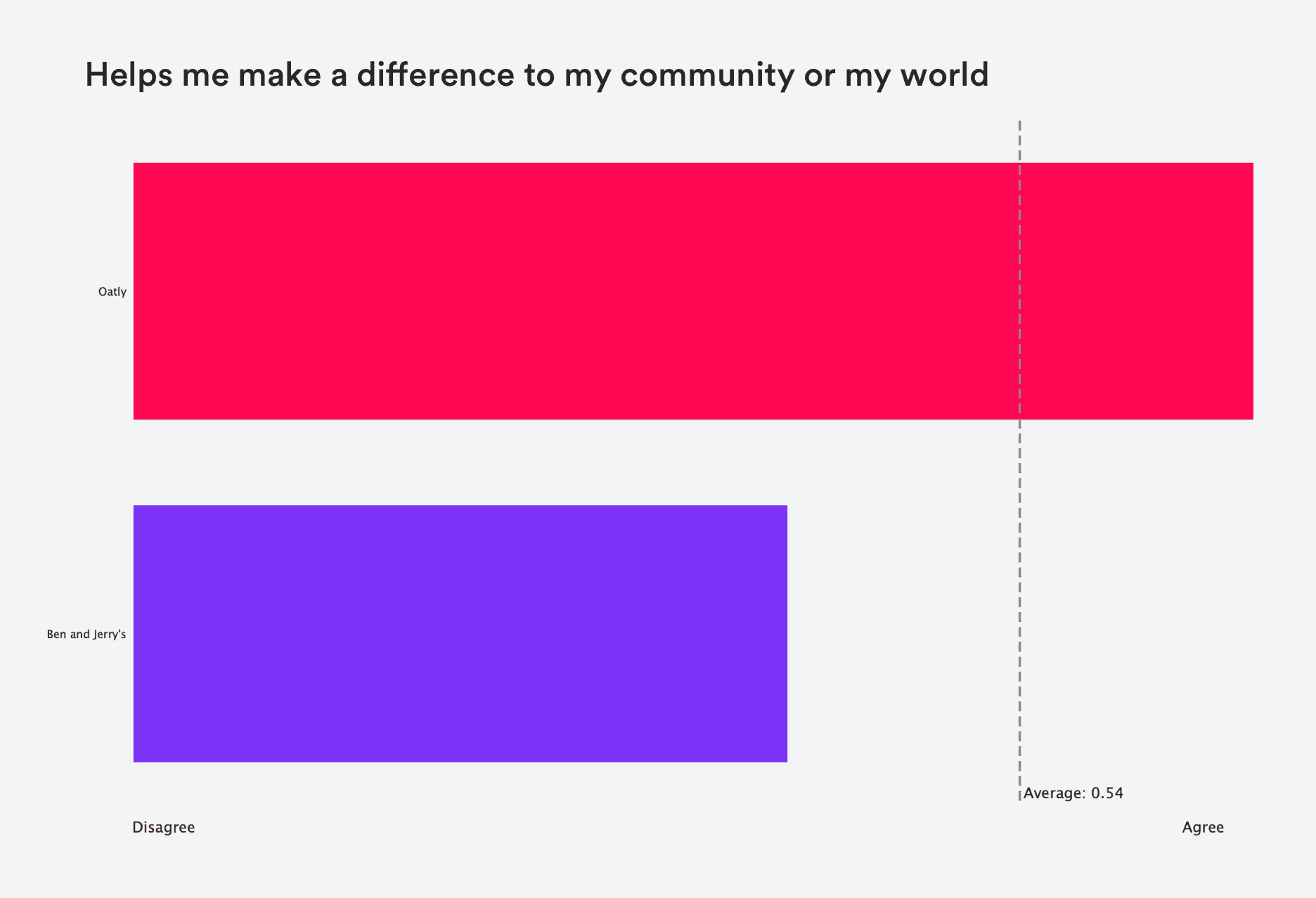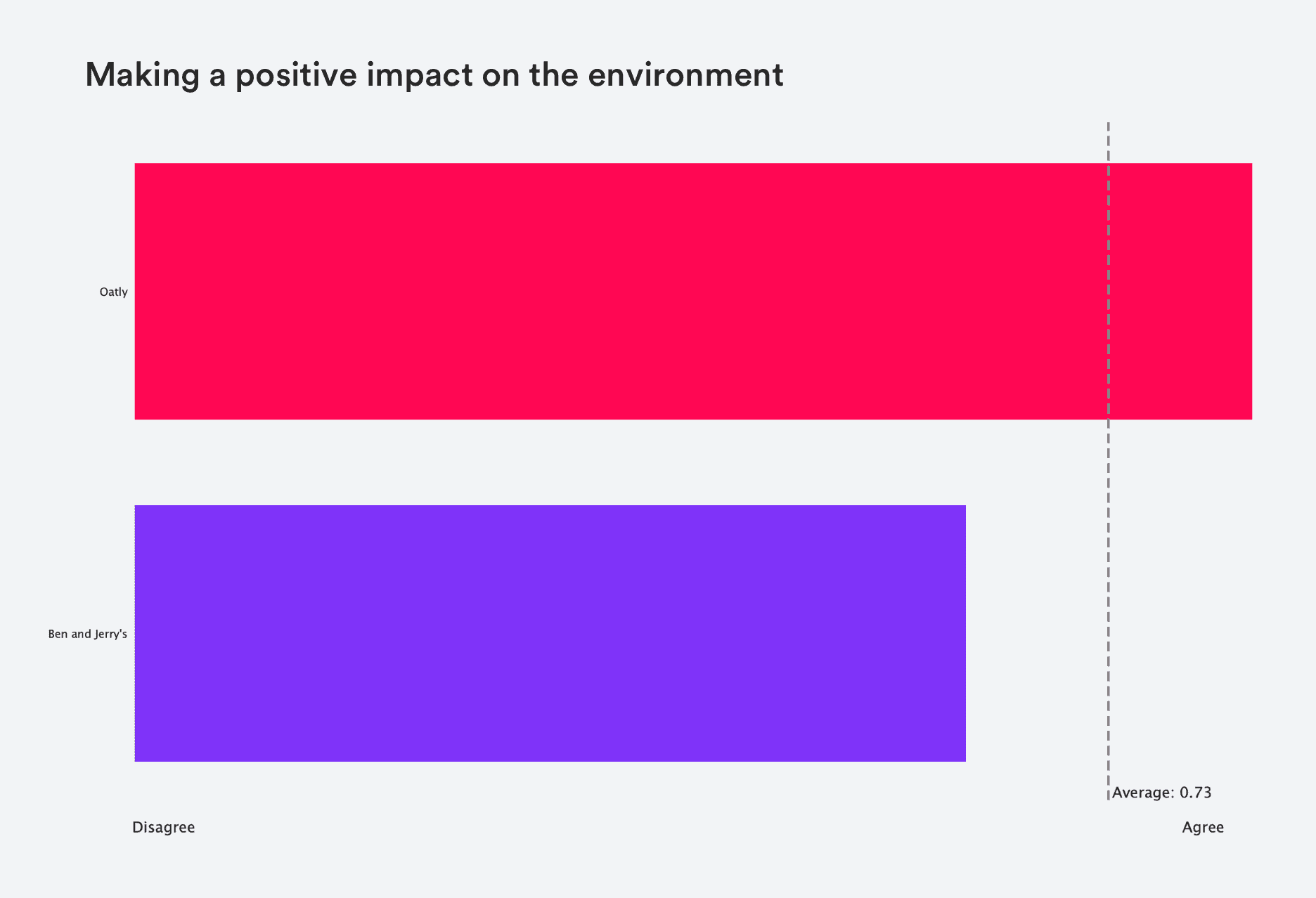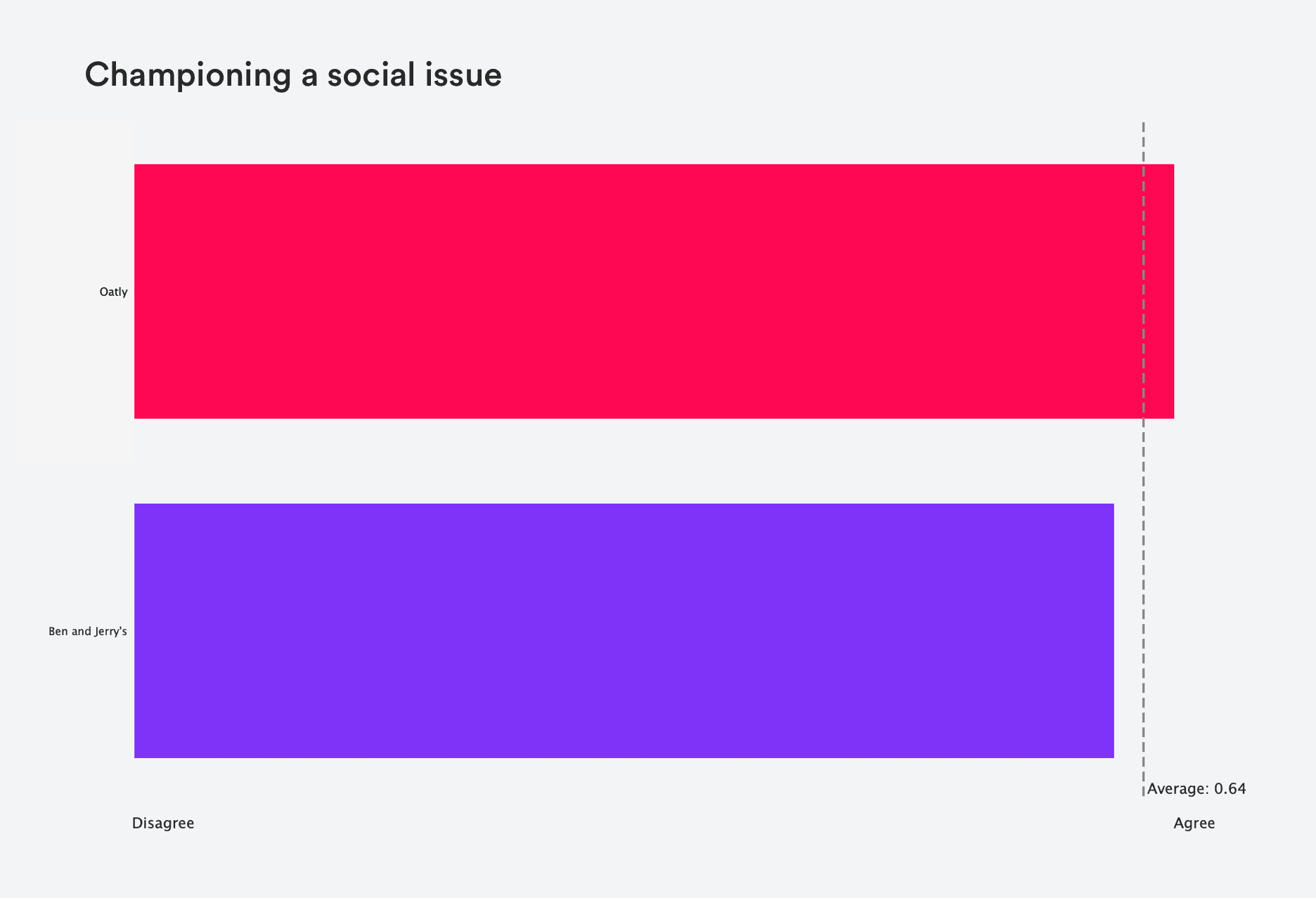In the past five years, consumers are increasingly caring about a company’s purpose, the much discussed, debated and deceptively simple statement that underlines a company’s why.
According to a 2019 Accenture study, 65 percent of consumers want businesses to take a stand on issues that are close to their heart. We were already seeing social media outrage around a company’s misalignment of values with their actions. Consumers were putting the companies they relied on to the test. Then the pandemic hit. Many of us learned to live without certain luxuries or recognized the importance of community in our lives. We started to question the why behind our choices. As much as this affected us on a personal level, our relationships with brands were also impacted. Brands that were seen to help us navigate the pandemic were applauded – alcohol manufacturers turned their factories over to making hand sanitizers, fashion brands started to make masks, restaurants started to feed communities, and many companies offered their services to healthcare workers on the frontlines. Those that didn’t were chastised and consumers were keeping track as made starkly clear on the website www.didtheyhelp.com which allows us to search to how a celebrity or company reacted to the pandemic.
Now that the US moves towards a new normal, the question remains on how much of our pandemic mindset will solidify and what will fall away. One prediction around what might remain at the forefront of people’s minds is purpose. While purpose has long been on the radar of the world’s largest companies, few have been able to maintain a pole position. That’s because consumers are telling us that it’s not enough for a brand purpose to simply exist; a company must activate its purpose, so it’s a dynamic force that enters all aspects of the company’s running and evolving to meet every changing societal expectations.
Our recent Participation Brand Index indicates that now isn’t the time for companies to rest on their laurels; they must continue to renew, reinvent and focus. The consequences of not doing this is that even historically, purpose driven brands get tarnished, and consumers take notice. Take, for example, 43-year-old ice cream brand Ben & Jerry’s, which many might say is the ultimate purpose-driven brand. Recently Ben & Jerry’s stumped for Bernie Sanders, fought for migrant working conditions, and created a flavor celebrating an active resistor within the BLM movement – Colin Kaepernick’s Change the Whirled. So why then is a relative newcomer to the market biting at their heels?
Oatly pulls ahead of Ben & Jerry’s on several aspects in how our study defines purpose:

Shaping the future

Helps me make a difference to my community or my world

Making a positive impact on the environment

Championing a social issue
Swedish non-dairy brand Oatly recently debuted on Nasdaq after a stellar few years growing a virtually non-existent category of oat milk. Oatly’s drive in the US started with extreme focus. They targeted coffeeshops so the first experience of Oatly could be at your local with a friendly barista to talk up the product. Their quirky out of home ‘recruited’ baristas as well. As consumers what we didn’t realize is that they were also starting to jointly introduce their core offer as well as their purpose – a plant milk made for humans. And that humanity is part of why Oatly is winning at purpose.
When the world is changing so rapidly and consumer expectations of what ‘doing good’ are changing, it’s challenging to live by the example a company sets. The misdirected Pepsi campaign starring Kendall Jenner is one big wrong turn. Beyonce making headlines for walking out of a Reebok meeting due to lack of diversity on their team is a right one. The attempt to move a brand in a specific direction isn’t easy. Oatly starts with an admission. On their website they say: We are not a perfect company, not even close, but our intentions are true. We would like to be judged by the good we do and not just the pretty words we say. It’s the first thing we encounter in their promise to the world.
Like many companies, Oatly invites consumer feedback. However, in their case, they ask specifically about making their products more sustainable and more responsible. They also give out microgrants of $1000 to people doing ‘amazing things.’ In June, they launched the ‘Big Idea Grant’, specifically focused on sustainability, aimed at the coffee community and never leaving their original audience of baristas behind them. Ben & Jerry’s, while also participative, got famous for including their consumers in their flavor choices rather than how to develop their purpose initiatives.
Oatly confesses that they only know oats, not almond milk, not soy milk. They also focus their CSR efforts on what they are doing as a company or on movements and decisions that relate to their products. While they have made strong statements in support of Black Lives Matter and other social movements, the vast majority of their efforts seem to focus on their individual environmental impact: how they’re reducing their water usage. Veganism, and plant life. While Ben & Jerry’s have diversified their areas of focus to include worker’s rights, dismantling race-based supremacy, sustainability and more, perhaps diluting their focus.
In conclusion, while Ben & Jerry’s continues to boldly venture into a range of purpose-driven initiatives, Oatly proves that by their unique dedication to purpose, they can rise above the rest and make truer connections.